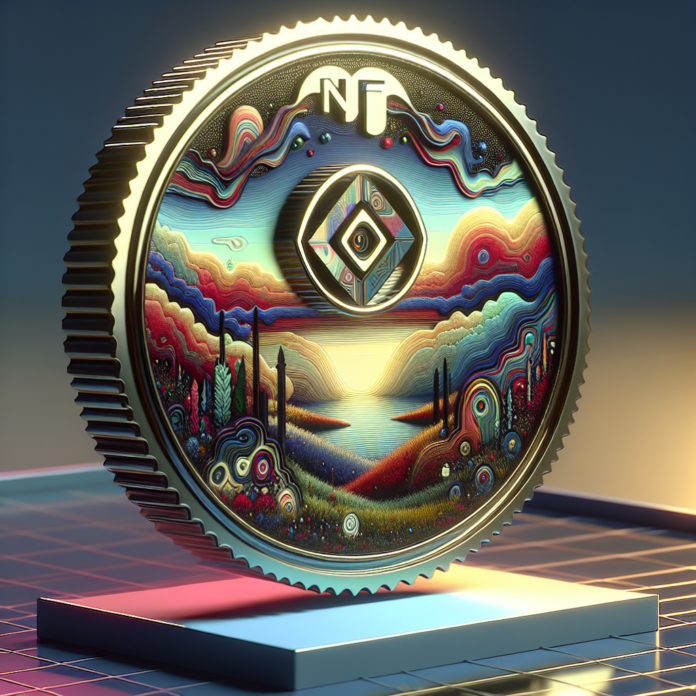The surge in popularity of non-fungible tokens (NFTs) has opened a new chapter in the story of digital ownership, one that is changing how we value, buy, and sell digital assets. Boasting uniqueness and immutable proof of ownership, NFTs are not just a fleeting trend; they are at the forefront of a paradigm shift in how we perceive ownership in the digital realm.
What are NFTs?
NFTs, or non-fungible tokens, are blockchain-based digital assets with unique identifying codes and metadata that distinguish them from one another. Unlike cryptocurrencies such as Bitcoin or Ethereum, which are fungible and can be exchanged on a one-to-one basis, NFTs are one-of-a-kind and cannot be swapped equivalently.
NFTs and Art
The art world has notably been transformed by NFTs, incubating a new marketplace for digital artists and collectors. Platforms like OpenSea and Rarible have made it possible to buy and sell digital art as NFTs, with some pieces fetching millions of dollars. These tools have not only affected the valuation of digital art but also enabled artists to connect with audiences globally without traditional intermediaries.
Gaming and Virtual Goods
In gaming, NFTs allow for verifiable ownership of in-game items and even characters, making digital assets transferable and potentially more valuable over time. Games like “Axie Infinity” incorporate NFTs, letting players truly own the virtual items they acquire or earn in-game.
Music and Entertainment
Musicians and entertainers have begun tapping into NFTs to monetize their content and forge a closer relationship with fans. Artists can tokenize their music, albums, or concert tickets, and offer them as unique NFTs. This not only creates a new revenue stream but also adds a layer of exclusivity to fan experiences.
Collectibles and Memorabilia
The collectibles market is another domain revolutionized by NFTs. Sports cards, virtual pets, and other memorabilia are being sold as NFTs, ensuring authenticity and proof of ownership. NBA Top Shot, for example, offers tradable NFTs of basketball highlights, creating a whole new type of sports collectible.
The Impact on Digital Ownership
NFTs are fundamentally reshaping the concept of ownership in the digital world by providing:
- Provenance: Blockchain technology ensures a permanent record of an asset’s history, proving authenticity and ownership over time.
- Control: Digital artists and creators maintain better control over their work, deciding how it’s distributed and ensuring they benefit from secondary sales through smart contract royalties.
- Interoperability: NFTs can be moved and utilized across different applications and environments, which is particularly game-changing in virtual worlds and gaming.
Challenges and Considerations
Despite their potential, NFTs face hurdles surrounding their environmental impact due to the energy-intensive nature of blockchain networks. Additionally, the market for NFTs is highly speculative, which raises concerns about value and longevity. The legal frameworks for digital ownership are also evolving, with the need to address copyright and intellectual property rights in the digital space.
Looking Ahead
As blockchain technology becomes more sustainable and user-friendly, NFTs could be integral to more than just digital art and collectibles. They hold promise for real estate, identity verification, and other areas where proving uniqueness and secure ownership is crucial.
Conclusion
NFTs are not just a new tool for digital artists, musicians, and game developers; they herald a fundamental shift in the understanding and management of digital ownership. By offering a reliable means of authentication and transfer of digital assets, NFTs are laying the groundwork for an era where digital and physical ownership share the same credibility and legal standing.
To fully grasp the burgeoning potential of NFTs and get involved in this space, consider exploring further through comprehensive online resources such as CoinDesk’s NFTs explained. As the technology evolves and the world adapts, NFTs will undoubtedly play a pivotal role in shaping the landscape of digital rights and asset management. The digital ownership revolution has begun, with NFTs raising the banner high.




 AGF-B.CO
AGF-B.CO